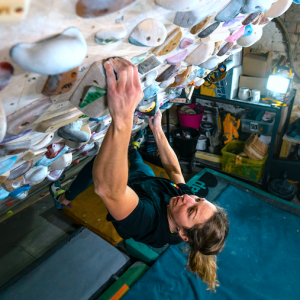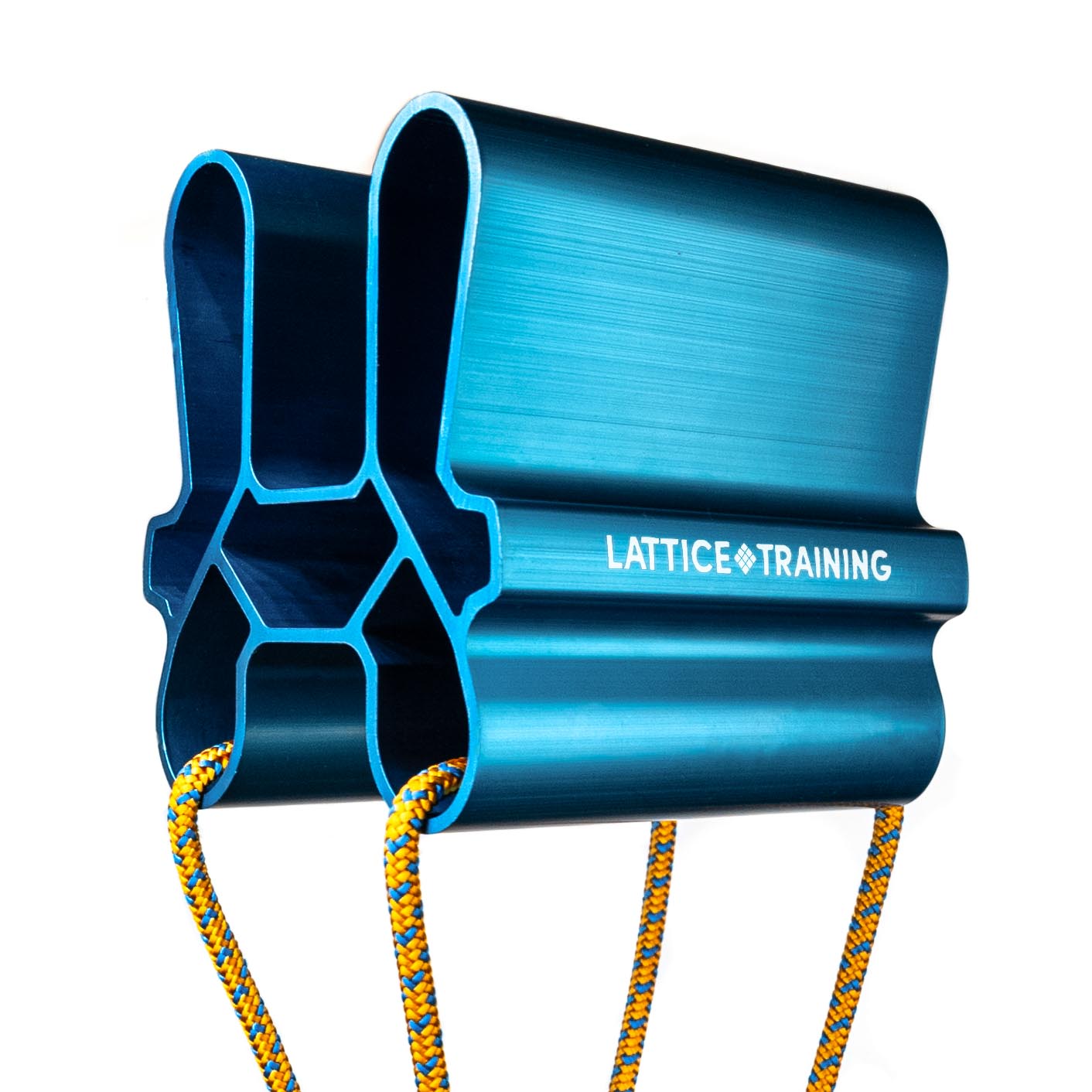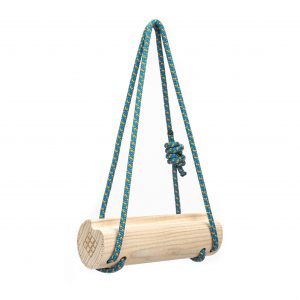Training Tips for Climbers: The Dreaded ‘F’ Word in Climbing – FEAR
The dreaded “F” word in climbing: Fear. We know that fear can impact our performances, but it’s grip is so powerful that it can even affect the decisions we make far away from the wall, stifling progress before we’ve even touched a hold on our project.
Working through these fears is not a quick process, but even the smallest steps towards acknowledging and challenging them can have large, positive impacts to our climbing. What should we look out for?
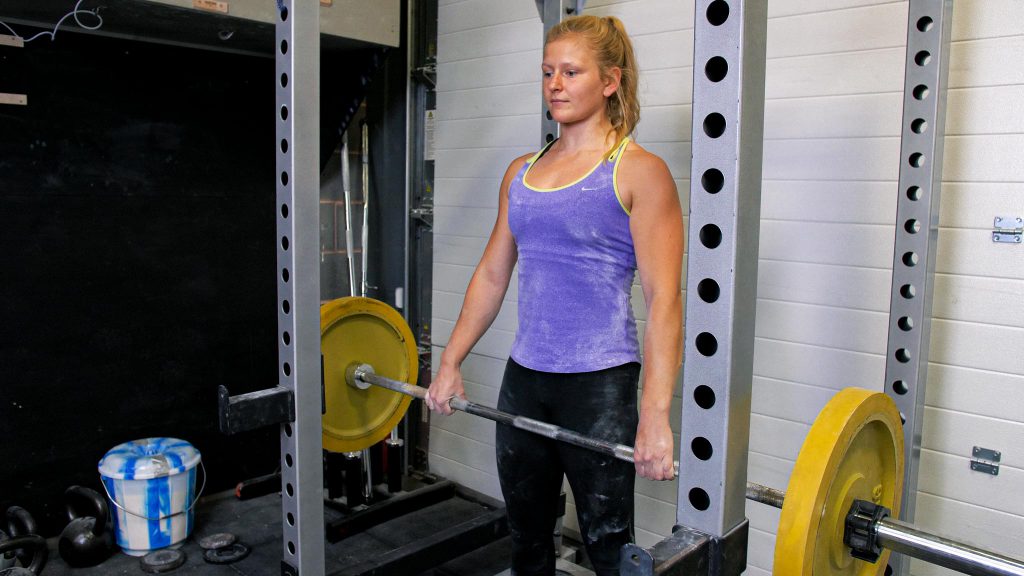
1 – Fear of judgement
Stepping into a training area can intimidating when you’re new to training. Everyone else seems to know exactly what they’re doing, what weights to use, and how the digital system boards work. You may feel watched, and experience feelings of being out of place – but you’re not!
It’s important to remember that every single experienced climber you ever come across was once at this point in their climbing and training journey. No one starts their training journey with all the knowledge! It’s picked up piece by piece along the way, building a foundation of experience that will make you a more capable athlete.
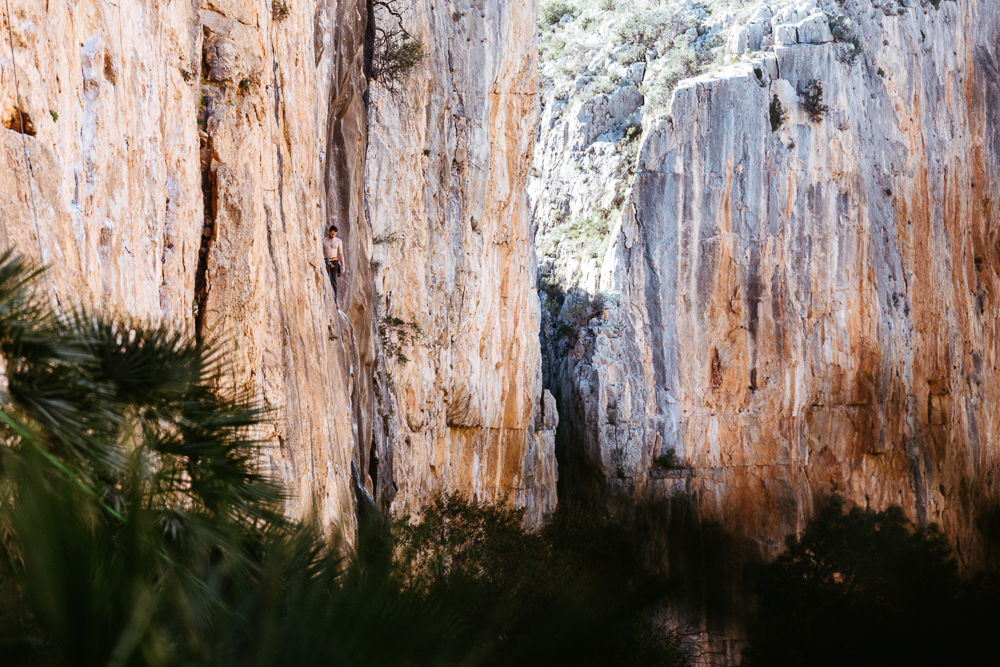
2 – Fear of the unexpected
As coaches we see this one a lot in sport/trad climbers who struggle to bridge the gap between doing practice falls, and falling while actually climbing. The prospect of falling while going for a hold or making a clip adds an uncertainty to the situation that doesn’t mesh to the previous experience of taking practice falls from a stationary position.
The answer here is to gradually expand your fall practice. Practice falling while making a move. Practice falling while off to the side of the clip. Practice falling in corners, on slabs and on aretes. The aim is to extend your comfort zone and take away that uncertainty in a controlled environment, replacing it with the skill of being able to fall safely in these circumstances and the knowledge of what will happen.
Just make sure to practice these skills safely, and with an qualified coach or instructor if necessary.
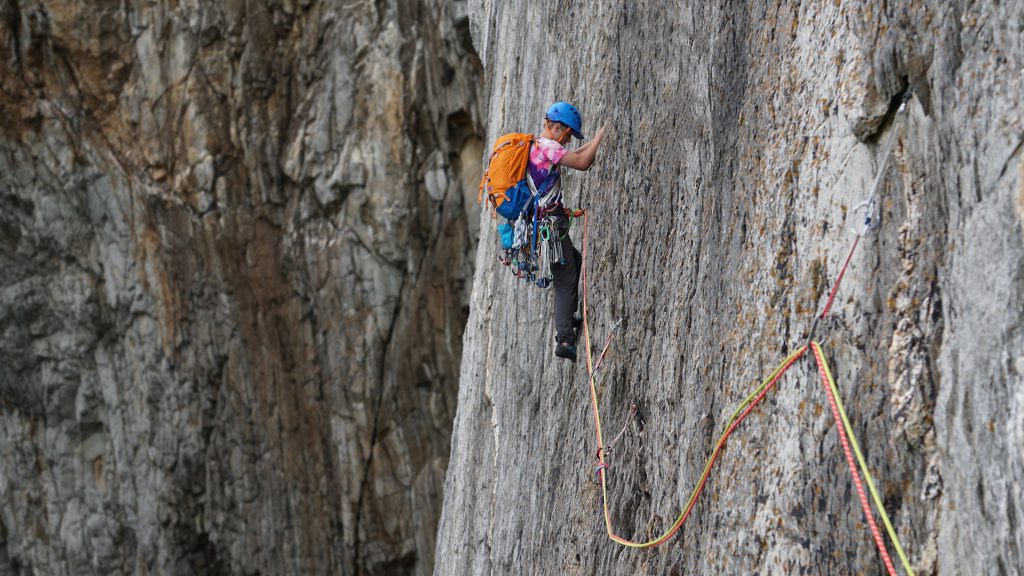
3 – Fear of failure
Some of the main ways we see fear of failure take hold of athletes is not setting specific goals or putting off trying projects.
Goals such as wanting to “generally get better” or waiting until you are “strong enough” to start your project – these can be genuinely innocent strategies, but can also mask a dependency on positive outcomes. The problem is that failure is a key part of the process when it comes to improving. Set yourself goals. Get on that project.
Even if you fall short, reflecting on the experience will provide you with information that will help you develop as an athlete and a climber – and next time, you’ll be more prepared.



